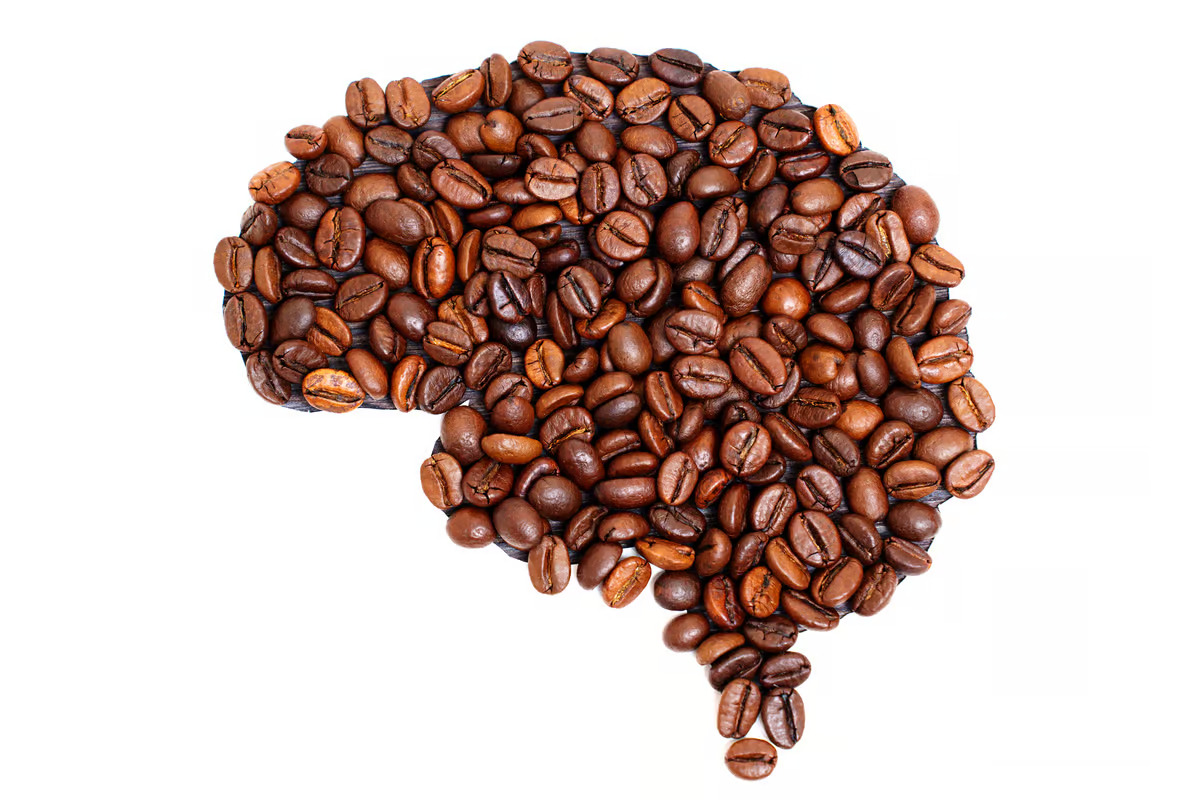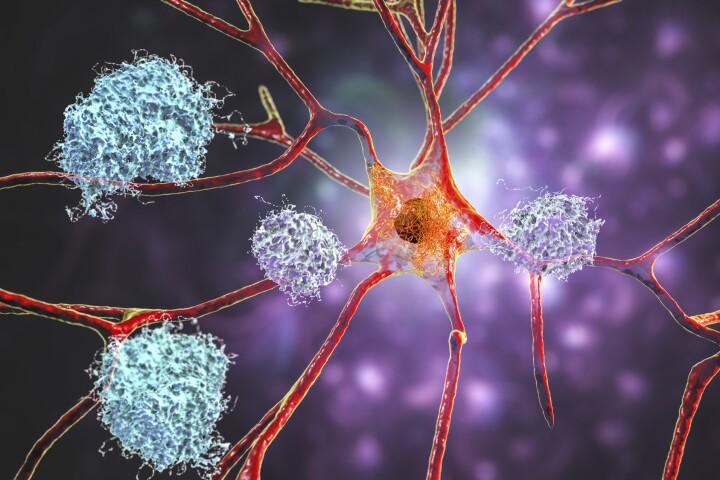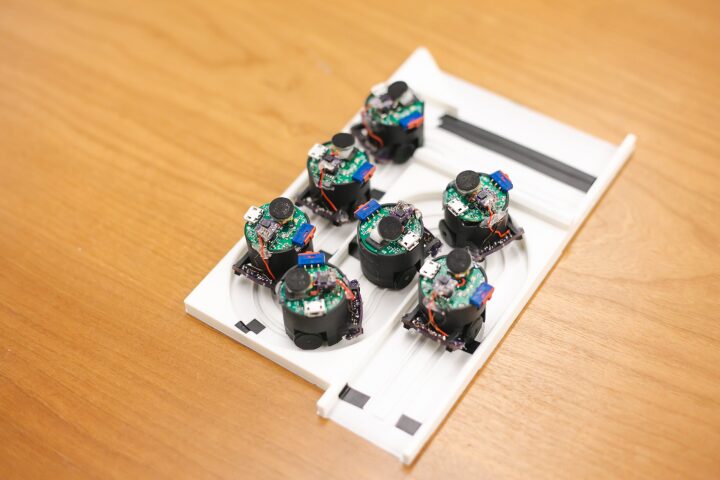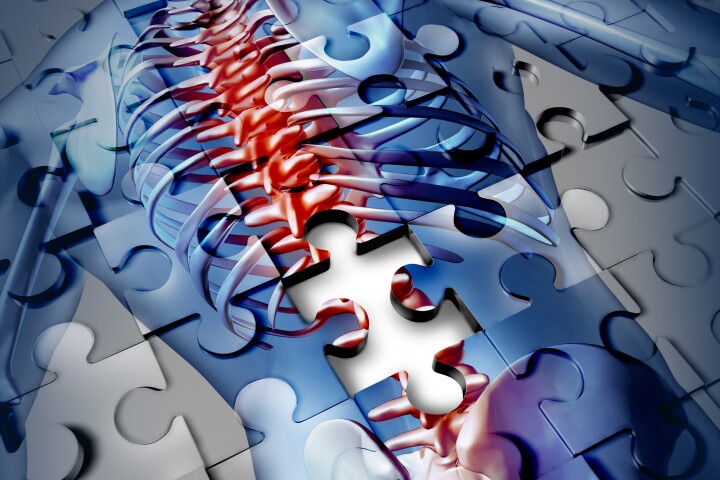Researchers have found that a compound in coffee improved learning and memory in aged mice. Depositphotos
Older individuals often experience slower problem-solving, reduced fluid reasoning, diminished perceptual speed and impaired memory and spatial ability. As the global population ages, there’s been a lot of research into ways of reducing or preventing this age-related cognitive decline.
Increasingly, researchers have turned to naturally occurring, bioactive compounds with neuroprotective properties to slow the progression of brain aging. A new study led by researchers at the University of Tsukuba in Japan investigated how trigonelline (TG), an alkaloid compound that is present in high concentrations in coffee beans, affected cognitive functioning in mice.
Caffeine, TG, and nicotinic acid (niacin or vitamin B3) are three important bioactive compounds in coffee. During the bean roasting process, TG is broken down into nicotinic acid, which benefits the nervous and digestive systems and skin. However, studies have found that TG has its own therapeutic effects. The compound is also found in fenugreek seeds and Japanese radish.
In the current study, the researchers used age-accelerated mice exhibiting spatial learning deficits and symptoms of memory loss and orally administered TG at a dose of 5 mg/kg/day for 30 days. After 30 days, the mice underwent a behavioral test to measure spatial learning and memory. Spatial memory problems such as getting lost or forgetting where objects have been placed are a common consequence of damage to the hippocampus, a complex brain structure deep in the temporal lobe. In humans, hippocampal volume decreases with age, which may contribute to age-related cognitive decline.
The researchers found that the mice that had been given TG showed a significant improvement in spatial learning and memory performance compared to mice who hadn’t. Given the reduction in hippocampal-dependent spatial memory decline, they investigated the biological effects of TG in the hippocampus.
Dynamic alterations in gene transcription are crucial for establishing long-term memory and memory retrieval processes in the brain. So, the researchers analyzed whole-genome transcriptomics in the mice’s hippocampus. They found that, in the TG-fed mice, signaling pathways relating to nervous system development, cellular energy production, inflammation, and autophagy – the body’s process of reusing old and damaged cells – were significantly modulated. Synapse-specific genes were also upregulated, including those controlling synaptic plasticity, the ability of neurons to modify the strength of their connections that’s believed to underlie the processes of learning and memory retention.
In addition, the researchers found that TG suppressed neuroinflammation by negatively regulating the pathway that leads to the creation of proinflammatory cytokines while simultaneously significantly elevating neurotransmitters fundamental to normal brain function: dopamine, norepinephrine (noradrenaline), and serotonin.
“Overall, our study provides valuable insights into the therapeutic potential of TG in ameliorating cognitive decline associated with aging, highlighting its ability to target neuroinflammation, synaptic function, and neurotransmitter release in the hippocampus,” said the researchers. “Therefore, TG might be considered a potential supplementary medicinal compound for ameliorating cognitive aging and neuroinflammation-related CNS [central nervous system] dysfunctions.”
For those looking to boost their TG levels by drinking coffee, a 2014 study found that a standard Italian espresso (0.8 oz/25 ml) contains an average of 42.4 mg of the compound, with higher levels found in Arabica coffee than in Robusta. Decaffeinated coffee also contains TG if you don’t want the jitters.
The study was published in the journal GeroScience.
Source: University of Tsukuba
–






















